There is currently an international movement for the inclusion of students with disabilities in education. ‘Mainstreaming’ occurs when a child with special needs and/or a disability is taught in general classes while learning from the regular curriculum while receiving additional assistance when needed.
I had always gone to mainstream public schools up until the tenth grade when my parents decided to home-school me. Throughout my years in mainstream schools, there were times where I was the only student in mainstream classes with cerebral palsy and chronic illness. While I had supported such as an IEP (Individualized Education Plan), the importance of inclusive learning wasn’t a topic that was really discussed.
Disability Awareness as Part of the Curriculum:
It’s important that the inclusion of children with disabilities and chronic illnesses is discussed in mainstream schools because we need to educate students about the different types of disabilities and chronic illness. This way, able-bodied students can have an idea about what students with disabilities and chronic illnesses have to face. This could encourage them to help their fellow students to have an easier school day.
Teaching students about disabilities and chronic illnesses can encourage them to be more understanding of their fellow students
We should also be discussing the topic of Disability History in schools, while learning about disability advocates such as Ed Roberts, who was the first student in a wheelchair to attend the University of California, Berkeley. He used his platform to speak out about disability rights for all. There is so much history that could be taught to students that currently isn’t.
Disability Awareness In Children:
Some teachers have witnessed that the inclusion of students with disabilities in mainstream classes has led to greater patience and understanding from the other students towards people with disabilities. This patience then transfers to the wider community as the students continue to grow and communicate.
From experience, I know that every time I entered a new school year it would be like starting kindergarten because I would have to constantly answer questions from others about my disability. Sometimes kids in society can be very blunt and sometimes the way kids would ask me questions about my cerebral palsy would be rude. Though I know they didn’t know that they were being rude.
Educating students about disabilities could help prevent them from saying something rude to someone with a disability
This could be avoided if we had awareness in schools about the different types of disabilities they are and how one can differ from the other. For example, I find that spina bifida and cerebral palsy are two disabilities that get mixed up often. While they both can result in people using wheelchairs, they are two completely different disabilities.
Further education about people with disabilities shouldn’t end with students; Teachers should also receive more education about how to be inclusive towards students with disabilities and chronic illnesses.
Adapting education to be inclusive
Along with having a curriculum featuring disability activism that is taught in all education levels, we should also have adaptive activities for people with disabilities to participate in throughout the school year. This could include certain events that bring awareness to people with disabilities like a disability awareness week.
Raising awareness regarding students with disabilities
This could give a voice to students with disabilities and allow the students that have a hard time fitting in due to their disability a platform to share their experiences. This could allow them to bring awareness to the obstacles they face as students who are in an environment that wasn’t made for them, and how they must adapt, which can be extremely difficult.
I strongly feel that we as a community need to start fighting for schools to teach students about disabilities and chronic illness because knowledge understanding is the key to living in a world where everyone can feel accepted.

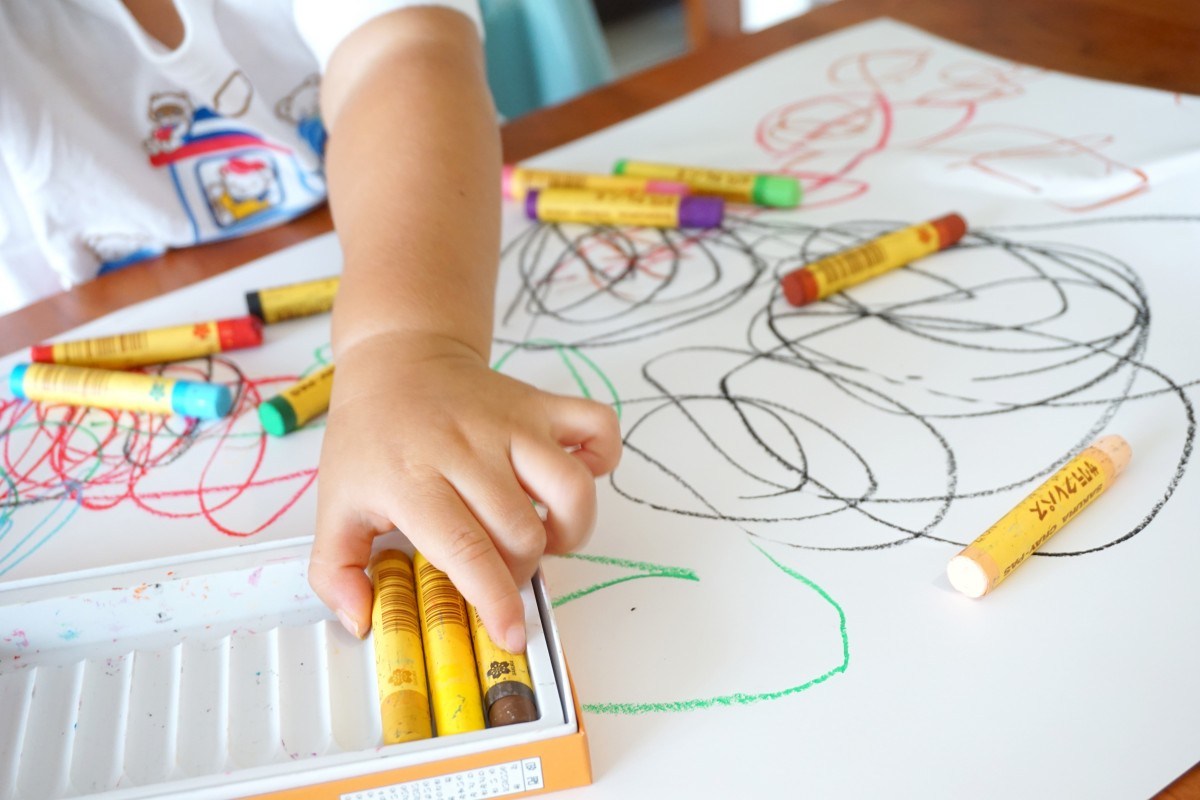





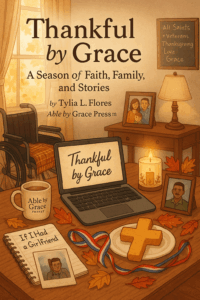
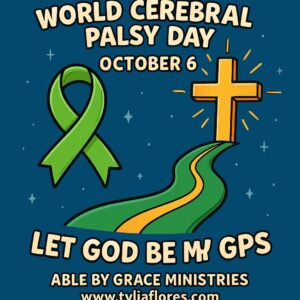
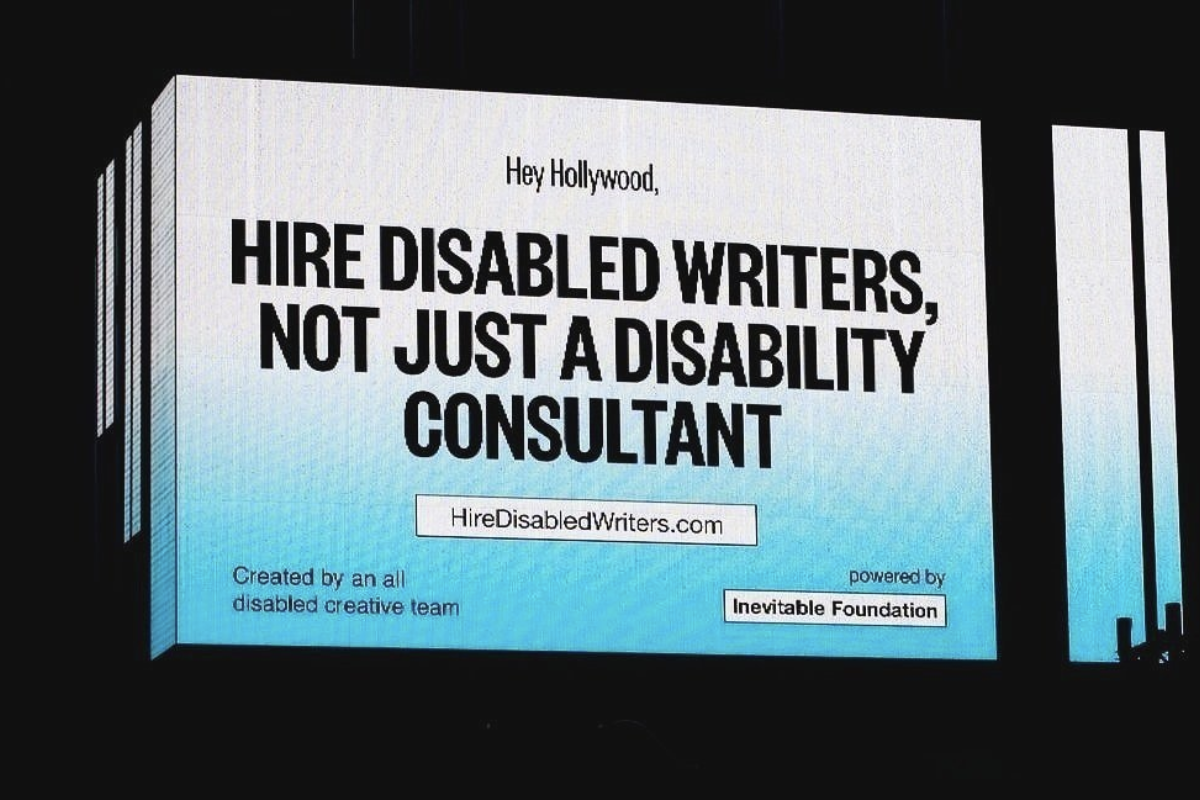
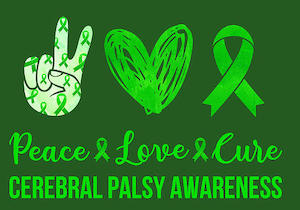
Leave a reply
You must be logged in to post a comment.